Keywords: Forgotten Australians
-

AUSTRALIA
- Barry Gittins
- 30 October 2024
5 Comments
In 1968, Peter Norman won Olympic silver, but his lasting legacy was a stance for justice on the podium alongside Tommie Smith and John Carlos, where he wore an Olympic Project for Human Rights badge in solidarity. Yet his quiet protest led to lifelong exclusion at home, recognition arriving only posthumously.
READ MORE
-
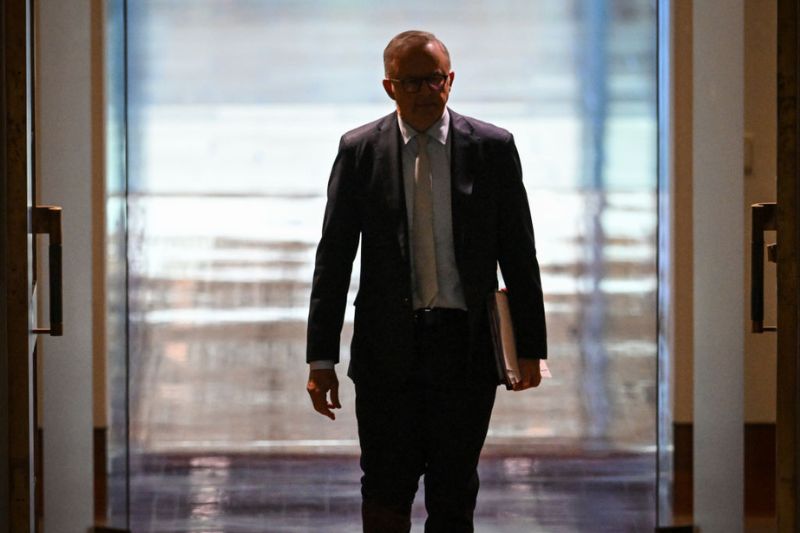
AUSTRALIA
- James Massola
- 23 October 2024
8 Comments
As Prime Minister Anthony Albanese navigates a slow but steady decline in approval, his cautious leadership approach is increasingly under scrutiny. With rising pressures on housing, the economy, and global events, is it time for him to take the bold political risks necessary to stave off the threat of minority government?
READ MORE
-
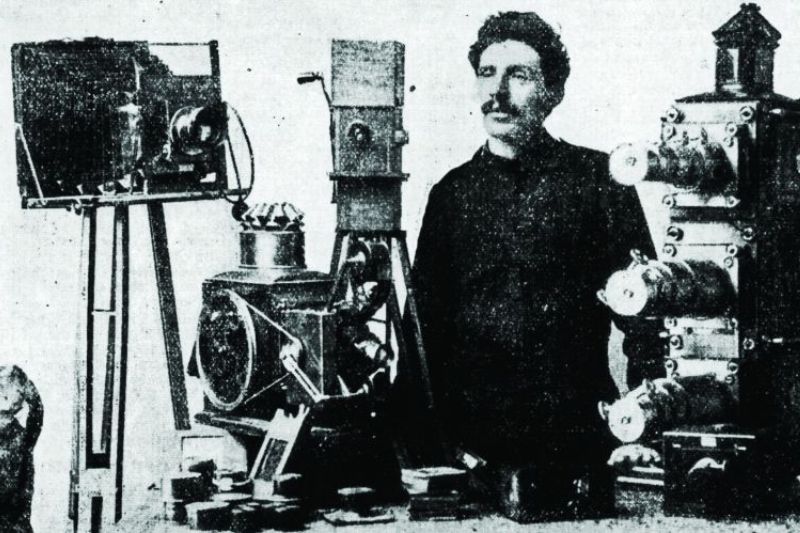
AUSTRALIA
- Barry Gittins
- 29 August 2024
In the early 20th century, the Salvation Army emerged as a dominant player in the nascent film industry. From pioneering filmmaking techniques to navigating the first moral dilemmas around film censorship, their cinematic journey is a fascinating, often-forgotten chapter in film history.
READ MORE
-
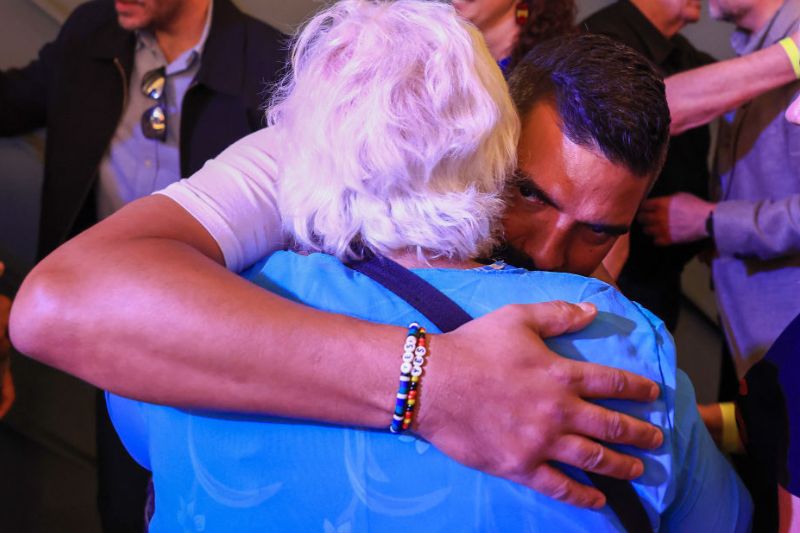
AUSTRALIA
- Brian McCoy
- 14 February 2024
1 Comment
Months after the referendum, can we allow this referendum to die while preserving the essence of its vision and optimism? This is akin to our response to the loss of a loved one — we hold onto their memory, reluctant to let go. How do we keep the deeply treasured aspirations of the referendum journey alive while facing the reality of its death?
READ MORE
-

AUSTRALIA
- Michael Jensen
- 19 January 2024
4 Comments
In contrast to the United States, we in Australia ‘don’t do God’, and we rarely acknowledge the religious dimension of our national identity. In an age of declining adherence to the Christian faith, has Australia found a new civil religion? And will it serve us well?
READ MORE 
-
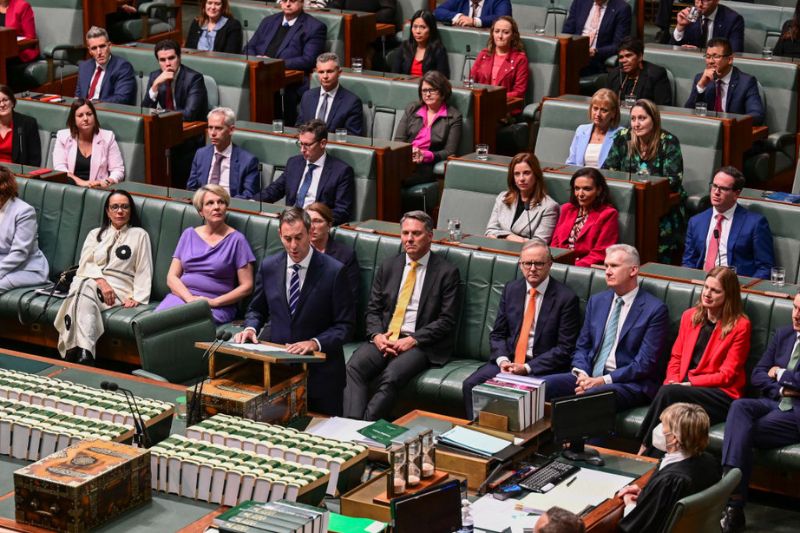
AUSTRALIA
- Max Jeganathan
- 11 May 2023
In the midst of budget season, a question lingers: Are we mere self-interested individuals, exclusive tribespeople, or true citizens committed to the common good? As the Treasurer unveils new allocations, the focus remains on headlines while overlooking the moral essence of budgetary decisions.
READ MORE
-

ARTS AND CULTURE
- Andrew Hamilton
- 21 April 2023
Taking to the Field highlights overlooked women who made noteworthy contributions to science in Australia, despite gender-based limitations. This thought-provoking book delves into the complexities of gender and science, revealing a more nuanced and diverse history than previously assumed.
READ MORE 
-
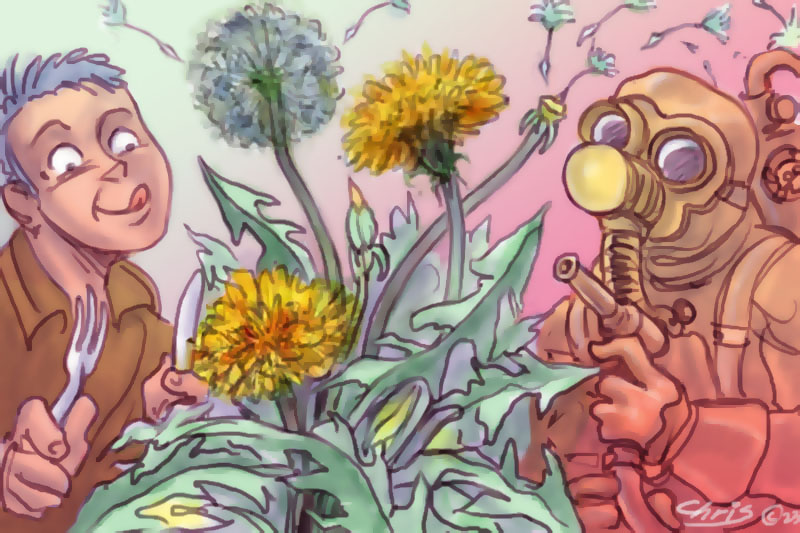
AUSTRALIA
- Andreana Reale
- 21 March 2023
1 Comment
In a world where we rely on the market for our daily sustenance, have we forgotten about the edible plants growing in our own backyards? Despite the billions spent on herbicides to dispense with so-called weeds, these plants were once a vital part of our diets and have since been forgotten.
READ MORE
-
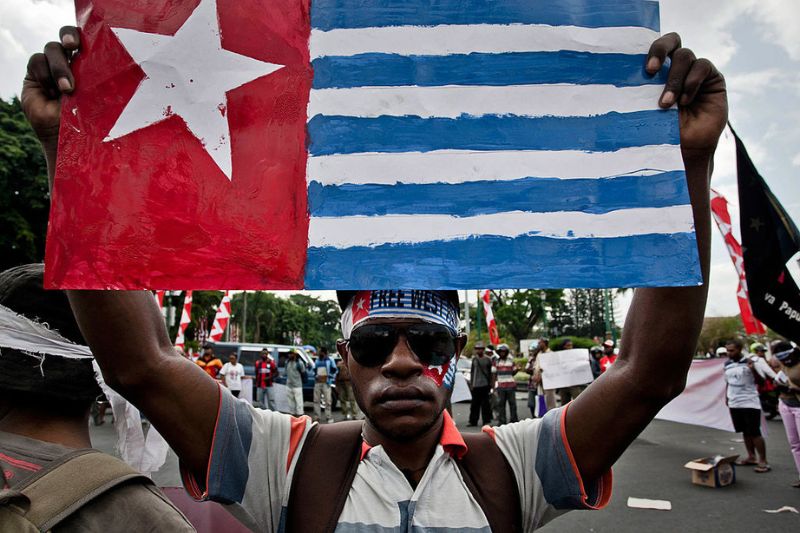
INTERNATIONAL
- Susan Connelly
- 01 December 2022
2 Comments
Filep Karma was found dead on a beach on 1 November, 2022. He was a respected and long-time activist for Papuan freedom. He was jailed in July 1998 and then released after eighteen months. In December 2004 he was again arrested and charged, being sentenced to fifteen years in prison. His crimes? Repeatedly raising the Morning Star flag.
READ MORE 
-

INTERNATIONAL
- Max Jeganathan
- 15 August 2022
3 Comments
Despite a post-pandemic bull-run, both the national and international economy are now stalling. Interest rates are going up. Markets are going down. Inflation seems unstoppable. While many factors are to blame for the rising cost of living, a catalysing force continues to be our response to the war in Ukraine.
READ MORE 
-
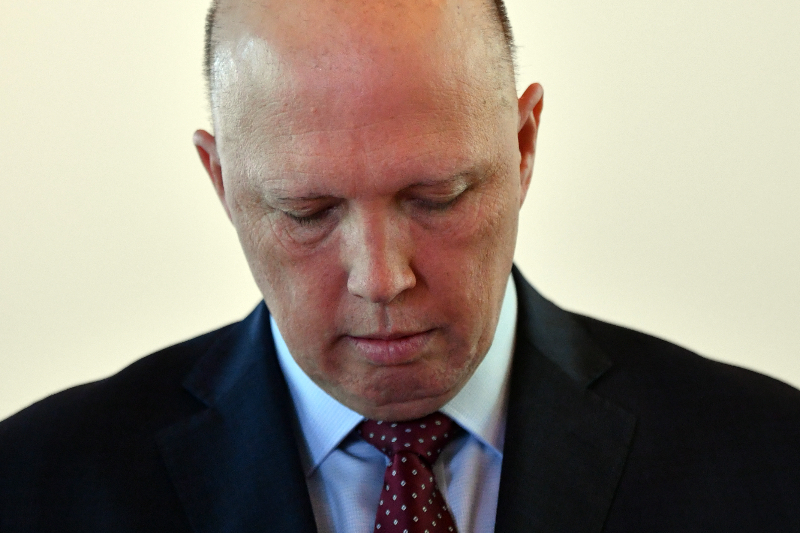
AUSTRALIA
- Andrew Hamilton
- 08 June 2022
4 Comments
In his initial speech as leader of the Liberal Party Peter Dutton committed himself to care for the forgotten voters, echoing a foundation document of the Liberal Party: Robert Menzies’ speech after an electoral defeat in 1942 refers to forgotten people to point the way forward for the new party. The phrase was central to a re-imagining of Australian society.
READ MORE 
-

RELIGION
- Andrew Hamilton
- 24 March 2022
10 Comments
Any program of church reform will have soon to ask Chernyshevsky’s question, What is to be done? It is a dangerous question — he wrote his novel from jail and spent much of his life in exile or imprisonment. Discussion of Church matters is mercifully less perilous today, but the question does invite a radical repiecing of the connections and tradition and energies that constitute Catholic life.
READ MORE 